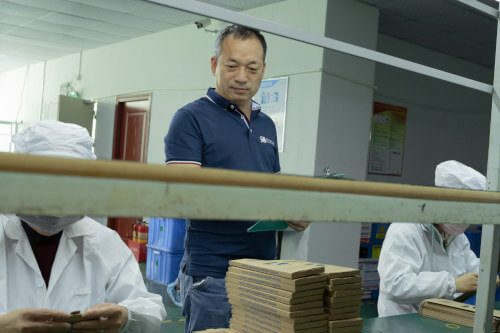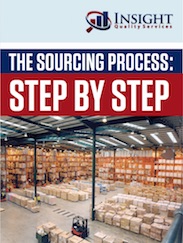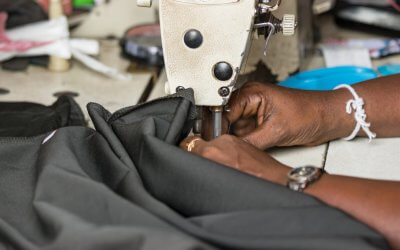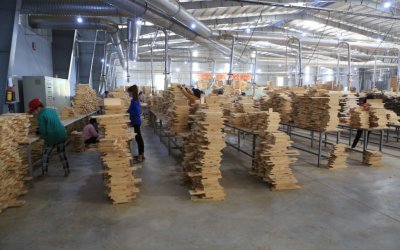China is the world’s manufacturing superpower, accounting for 28.7% of all global manufacturing in 2019. It is, therefore, no surprise that it is a destination of choice for many importers.
While the country has many capable manufacturers, you must approach sourcing in China carefully. Some importers have lost their hard-earned money or received substandard products by dealing with illegitimate or unprofessional Chinese companies. Before you make any deposits to a factory, you should do your due diligence to verify its standing.
For most importers, this is the tricky part. How can you verify a Chinese supplier to ensure that they are legitimate and will be able to produce what you order? This article discusses three essential steps that you should follow to assess a Chinese company.
Table of Contents
#1 Conduct a Background Check on the Supplier
Conducting a background check can tell you whether the company is legitimate or not. Some of the suppliers you’ll find on sites such as Alibaba will be ‘trading companies’ and not actual factories.
Working with a trading company is not necessarily bad, but any company should be straightforward about its business model. Sometimes, trading companies will try to pass themselves off as factories, and you should generally avoid a dishonest supplier. (Related Post: What is a Trading Company, and is it a Good Idea to Work With One?)
A trading company acts as an intermediary between the customer and a factory. To determine if the supplier is an actual factory, start by asking for the company’s registration, business license, and import/export permit. If they are hesitant, this could be a red flag indicating that they are trying to hide their status as a trading company and will add little value.
You may require a translator to interpret the certificates. Still, they should have basic information such as the company name, location, date of establishment, registered capital, and most importantly, the scope of business.
If it is a manufacturer, the business scope section should clearly say ‘manufacture.’ You can also verify the documents through government registration databases such as The National Enterprise Credit Information Publicity System. If you need help with this process, Insight offers sourcing assistance to ensure that you don’t miss anything when verifying manufacturers.
#2 Request a Sample of Your Product
Another step in assessing a Chinese supplier is to request a sample of the product you are looking to import. The manufacturer will likely put their best foot forward to impress you with a perfect product. A sample allows you to assess their workmanship and professionalism to see if they can meet your standards.
How you approach sampling will vary depending on whether you request a sample from a catalog or a customized product. If you are private labeling a catalog product, the process is much simpler. For more information, see our related article: How to Navigate Product Samples with Your Factory.
Additionally, companies will generally require you to pay for your samples. This gives you a chance to double-check the company’s authenticity by asking to pay to their registered bank account.
You can check their registered name against their business documents. If they hesitate and ask you to use other means to pay, it could be a red flag.
You can also verify the Chinese business by sending a courier to pick up the samples directly from the factory. You can then confirm their address against the information on their documentation.
#3 Conduct an in-Person Factory Audit

Insight auditor onsite at a factory
Visiting a factory in China is undoubtedly one of the best ways to conduct supplier verification. You can take a factory tour, inspect how they work, meet the managers, and even see the production process.
Unfortunately, it may not always be possible to verify a Chinese supplier in person. When you start discussions with a new supplier, hint right away at conducting a factory audit. Doing so will help you quickly weed out companies that have something to hide.
A factory audit is an in-depth assessment of the manufacturer’s facilities and processes. If you do not have the time or relevant experience to conduct a complete audit, you can engage a third-party auditing service (like Insight) to conduct one for you.
To learn more about the specific points you can cover in an audit, view our article Factory Audit Checklists: How to Screen New Suppliers. And to learn more about the services we offer, view our Factory Audit Services page.
We also recommend you read our sourcing process guide if you want more information about the sourcing process and what it entails.





0 Comments